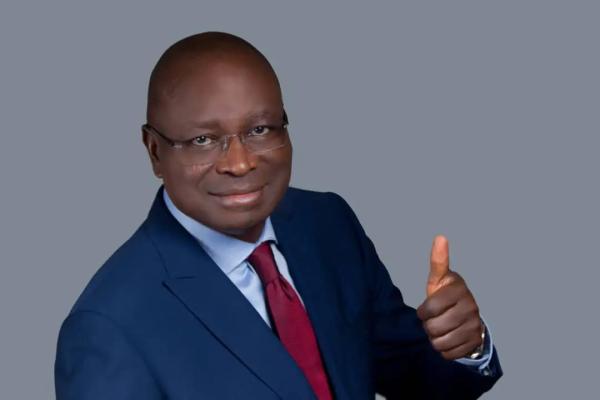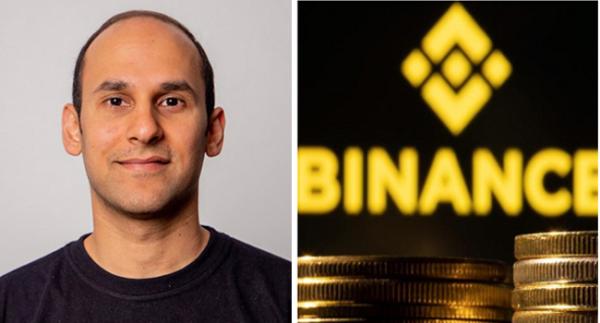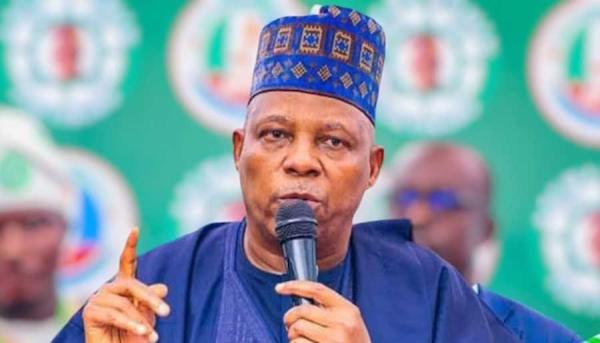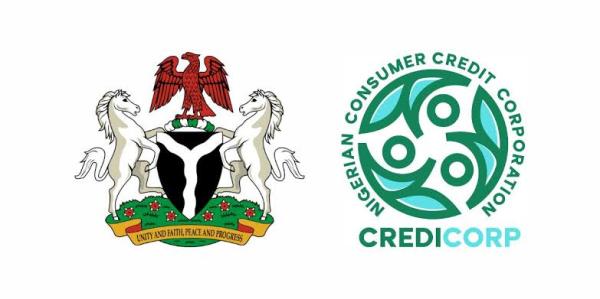
Efforts by Nigeria to drive financial inclusion has been rated high by the Brookings’ 2015 Financial and Digital Inclusion Project (FDIP) report, which evaluates access to and usage of affordable financial services across 21 countries.
This is stated in a report by the Center for Technology Innovation, made available to journalists on Tuesday.
With a total of 72 per cent points, Nigeria achieved a number nine ranking for the country’s overall financial inclusion efforts.
The report analysed the financial inclusion landscape in Afghanistan, Bangladesh, Brazil, Chile, Colombia, Ethiopia, India, Indonesia, Kenya, Malawi, Mexico, Nigeria, Pakistan, Peru, the Philippines, Rwanda, South Africa, Tanzania, Turkey, Uganda, and Zambia. Countries received scores and rankings based on 33 indicators spanning four dimensions: country commitment, mobile capacity, regulatory environment, and adoption.
Other highlights of Nigeria’s performance metrics included: tied for first place for country commitment; secured eight place for mobile capacity; earned a 12th place ranking for regulatory environment; ranked 10th place for adoption; launched a financial inclusion strategy in 2012 and instituted a Financial Inclusion Secretariat; developed an extensive set of quantifiable goals, including increasing the percentage of the adult population using formal financial services to 70 percent by 2020 and the 2013 guidelines on agent banking enabled banks to expand beyond traditional brick-and-mortar infrastructure, and a 2014 Helix Institute survey found that agent networks have expanded rapidly.
The Central Bank of Nigeria has been in the forefront in the drive for financial inclusion in the country.
Also, the report noted that with about 44 per cent of adults age 15 and older holding an account with a formal financial institution or mobile money provider as of 2014, up from about 30 per cent in 2011, Nigeria had clearly demonstrated progress toward financial inclusion.
However, it pointed out that further work remained to be done with respect to expanding access to formal financial services among the remaining 56 per cent of adults who are largely excluded from the formal financial sector.
"While as of 2014 Nigeria possessed the largest econ- omy in Africa in terms of gross domestic product, as well as an impressive array of natural resources, a 2013 InterMedia survey noted that about 90 per cent of Nigerian adults lived on less than $2.50 a day.
"Facilitating access to and use of formal financial services could help under-resourced individuals in the country store and send money safely, manage risk, and gain more control over their financial lives. However, burdensome distances to bank branches in many areas, fairly high levels of unemployment, and irregular incomes have posed challenges to financial inclusion.
"For example, as of 2011 approximately 70 per cent of workers in Nigeria were employed by the informal sector, and a 2014 InterMedia report noted that about 32 percent of adults in Nigeria did not have an income-generating job.
"Moreover, access to financial services in Nigeria varies by geographic regions — for example, individuals in the country’s North-east and North-west have been identified as being disproportionately excluded from formal financial services," it stated.
Furthermore, the report pointed out that digital financial services, including mobile money, could help facilitate access to finance in the under-served areas.
It also stated that the take-up of mobile money to date has primarily been among those who already have bank accounts, indicating that the services were not yet providing many underserved customers with access to formal financial services. The report quoted a 2013 InterMedia survey to have found that only about 0.3 per cent of Nigerian adults age 15 and older used mobile money services, and almost all those who did also have bank accounts.
"Facilitating registered usage of mobile money services is also a salient concern. Only 0.1 percent of the population had a registered mobile money account in 2014 and had used it at least once in the 90 days prior to the survey.
"Transaction fees for mobile money use may serve as an impediment to take-up among under-re- sourced individuals, and some caution that the cost of smartphones and broadband services must decline before other efforts at promoting the widespread use of mobile money in Nigeria can be successful. As noted above, offering greater leadership to mobile network operators within the sector and building awareness of and trust in mobile money services will also be critical to scaling up consumer engagement with available deployments.
"Since the majority of unemployed adults in Nigeria are dependent on remittances as their primary source of funds for daily expenses, mobile money could serve as an efficient and cost-effective conduit for these remittance flows," it added.





















